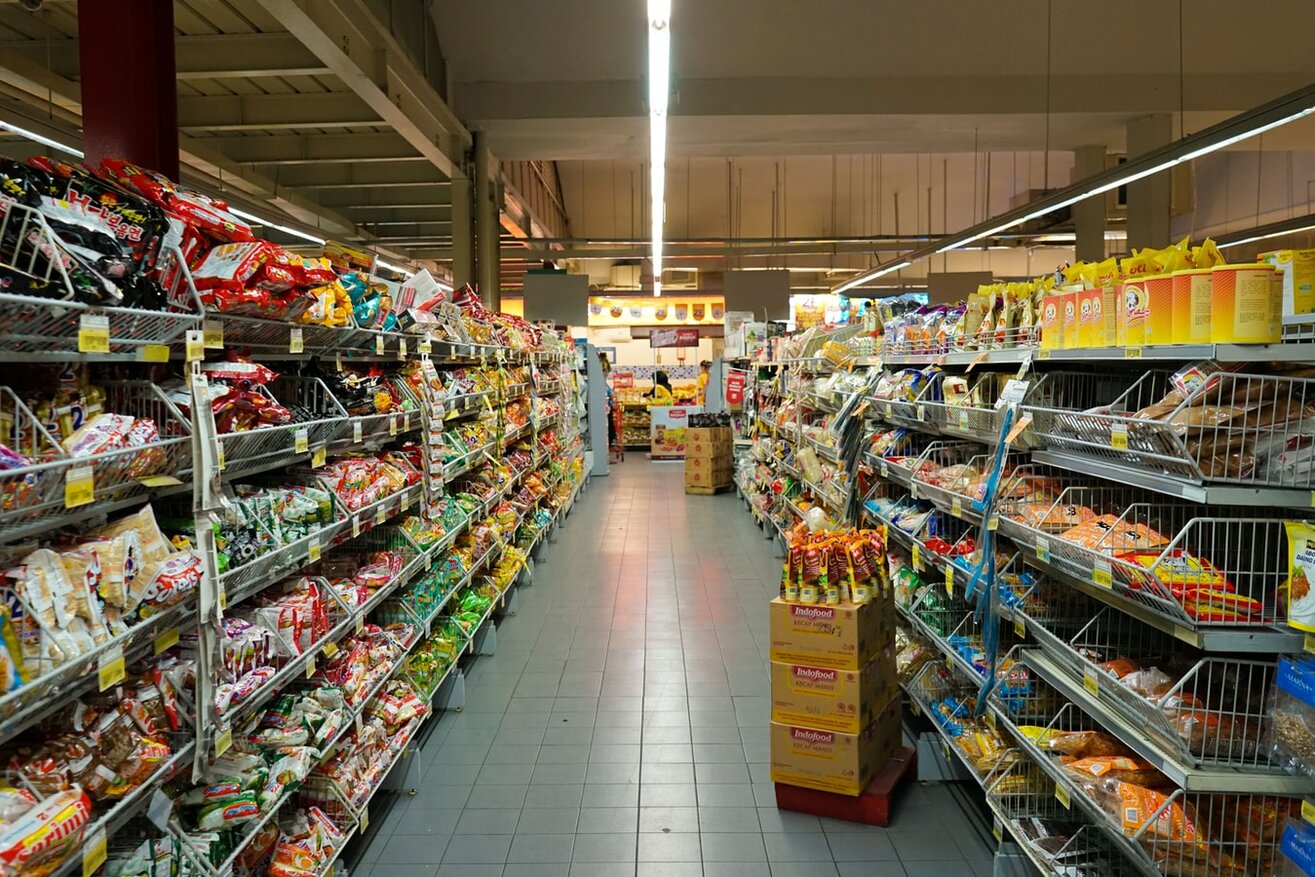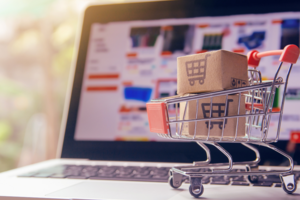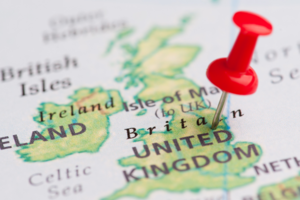The fast pace of consumer

Zoe Wakeham, Consumer Consultant, discusses the speed and agility of the consumer industry in their response to the Covid-19 pandemic and suggest how it will continue to adapt over the short and long-term
The consumer market is ever evolving, and over the past few years the ability to adapt and pivot has been critical as modern consumer trends have become increasingly transitory. The past few months, however, have taken this to an extreme. As the pandemic situation has escalated, we have seen consumer demands fluctuate rapidly as we scramble to cope with uncertainty. There have been distinct phases of trends as the lockdown guidelines have changed, from the stockpiling nightmare and the toilet paper shortage, to the new surge in online grocery delivery services. These very dramatic and intense shifts have put the agility of the industry to the test.
First and foremost, consumer companies have made large-scale contingency plans to ensure the health and safety of their staff. In order to comply with the social distancing measures, factories have been reconfigured, supply chains have been reduced to decrease the number of touchpoints, and back-office staff have been working remotely. These operational changes have embedded high levels of efficiency that we expect will continue to shape the industry.
We have also seen the industry make very sudden and extreme pivots in their manufacturing. Aside from health and safety, a disrupted supply chain and fluctuations in consumer demands have driven this change. This flexibility, whether in diversifying their suppliers or working closely with supermarkets and stockists to manage inventory, has been outstanding and has enabled consumer companies to navigate global industry disruption.
We are now going into a period of renewed stability; what some have called easing into a ‘new normal’. But there are still high levels of uncertainty with fluctuations in consumer behaviours as the virus continues to prevail across the UK and there remain predictions of a second wave still to come.
The consumer industry has built resilience in this period of disruption. We have seen a large number of organisations benefit from the government furlough scheme. But others have used this time to upskill their staff, developing and retraining them to be redeployed where the organisation needs them most. By creating a more adaptable workforce, consumer companies are not only looking to transform in the face of a new market but are also preparing themselves for future disruption.
What we are expecting is a more polarised consumer market as the financial implications of the pandemic differ between people. Some will have been hit harder by the economic situation, with job losses or furloughed work, whereas others will have seen their income remain the same but have less expenditure from staying at home. This will be driving new considerations for consumer brands as they assess their range of products available, looking at their marketing, distribution and pricing strategies.
A trend that has emerged, and is likely to continue, is the move to more direct-to-consumer (D2C) offerings. As an approach taken by disruptors in recent years, it has been increasingly adopted by larger brands. There is an even greater argument for this as e-commerce has skyrocketed during this time of lockdown - in the UK and Europe is was up 129%. Now, research has shown one in three (33%) households intend to increase their online purchases. As consumer behaviour is moving from physical to digital, moving away from the window-shopping and aisle browsing, brands need to reconsider how they will get their products into customer shopping baskets.
This shift will be greatly supported by the brand’s marketing efforts. Experiential brand marketing has taken precedence in recent years, but now it has understandably taken a dip as the usual targeted outdoor areas are now closed or are low in footfall. Brands instead will be refocusing their attention to take the experience directly to customers, in the area they have previously neglected: our homes. We will see an increased focus on digital channels such as social media and influencer marketing, as well as more innovative use of physical marketing and advertising. Brands, such as new snack manufacturer Emily’s, have pivoted their outdoor campaigns to be media-grabbing, drawing attention to their clever and witty messaging. We have seen customers responding more to authenticity, a need to build relationships and importantly trust.
The Covid-19 crisis has been suggested to be the much-needed push for the consumer industry to undertake digital transformation. Although it is estimated to represent a US$2.95 trillion shift in value, the consumer industry has been reluctant to invest. However, this large-scale, all-encompassing disruption has heightened the urgency for automation, for real-time supply chain and inventory data, and for customer insights. We are seeing substantial shifts in consumer behaviour, ones that need to be monitored and responded to quickly - something which can be achieved with the right digital and data strategy.
The industry landscape has always been dynamic, but it is has reached new heights over the past few months with more change still to come. Being able to cope with this extreme level of volatility makes agility the most important trait of all for consumer brands. The industry has already pivoted and shifted overwhelmingly well to the great deal of strain it has been under, but now we are going to see the industry prepare for a new state of existence with investment in digital, in data functions, and in the talent that can drive this agenda forward – shifting the industry up a gear, from just surviving to thriving.
For more information please contact Zoe Wakeham.







Comments
Gareth Abel at 25/06/2020 10:03 said:
Dr Piotr Ney at 25/06/2020 14:28 said:
Lawrence Trist at 13/07/2020 10:26 said:
Add your comment